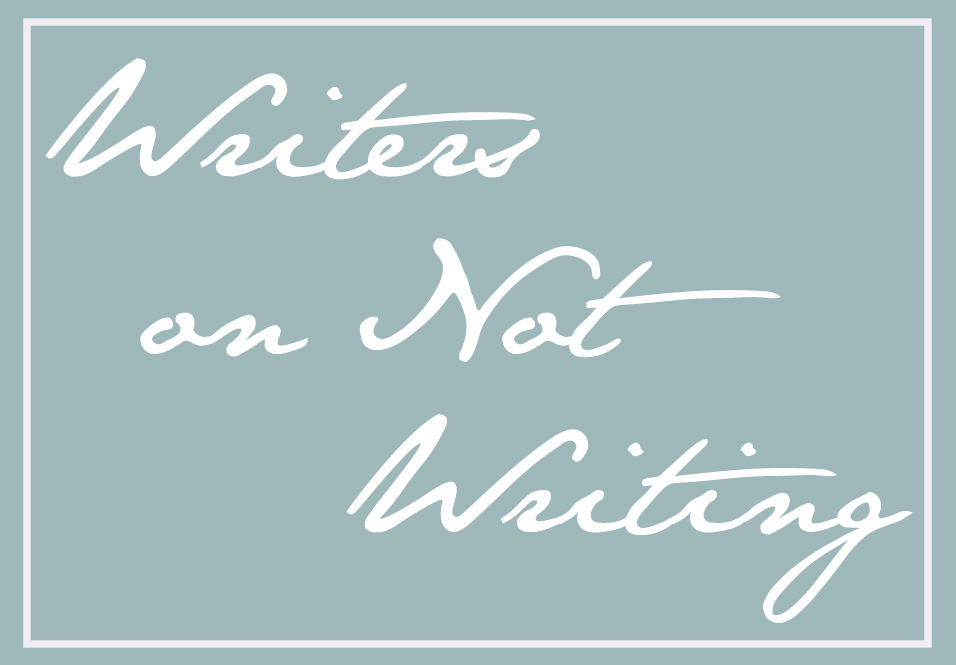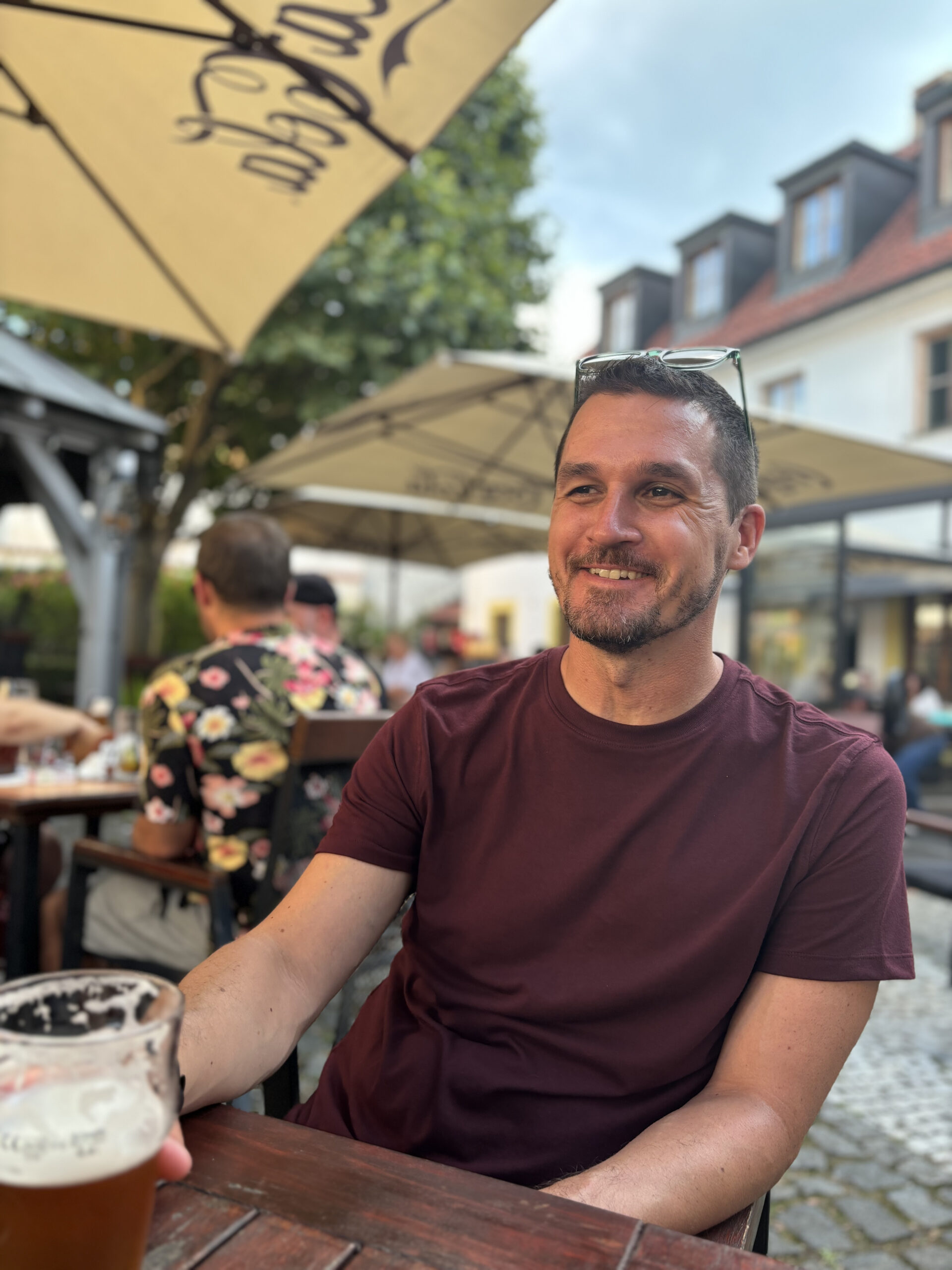Writers pour so much energy into their craft that sometimes we forget that creative pursuits other than writing can fill us up in other important ways. Here, we’ll look at what writers do when they aren’t writing, and how those pursuits affect the return to the page. This month, Brandon Dudley ruminates on how puzzles and poetry force him to look for the not-obvious answer.

Over the past five years or so, I’ve spent a lot of time struggling over various forms of puzzles. Puzzle books and puzzle boxes and a wife-annoying amount of board games and other puzzly objects have collected in my library. I’m drawn to just about anything that creates some brain-burn that I can dip into to exercise some creative, problem-solving muscles.
I’ll take breaks every day to solve word puzzles, like Wordle or Strands or the Crossword on the New York Times site. I’ll tackle offerings on Puzzmo.com, like Bongo, or Spelltower, or Wordbind, or whatever else grabs my attention that day.
Though I’m not much of a video gamer, I’ll occasionally find one that scratches that puzzly itch in my brain, like The Room series of puzzle box mysteries, or Breath of the Wild with all its shrine puzzles that my younger son and I loved discovering and solving over the past year.
When I want to unwind without a screen, I’ll dip into a Murdle puzzle book, or struggle with another entry in The Maze of Games by Mike Selinker, or scratch away at something in Games magazine. I’ll fiddle around with a small collection of unsolved Hanayama puzzles or this beautiful, frustrating little wooden bird that I have not been able to get out of its stupid cage for three years now (I like all these puzzles, but I don’t profess to be particularly good at any of them, and I refuse to look up solutions).
In my classroom for the last few years, I’ve hung up the massive crossword puzzle that the New York Times publishes each December and some students and I chip away at it throughout the rest of the school year, which has been a nice communal pursuit.
With my sons, especially my younger one who’s more interested in this sort of thing, we’ll play various board or mystery games. MicroMacro: Crime City has been a favorite lately, spreading out this table-sized cityscape and looking for tiny clues to solve cartoony crimes. For Christmas, he asked for more games like the Nancy Drew mystery we played that involved cracking a code to open a locked box hiding more clues, which thrilled him.
All of these games and puzzles force me to sit and concentrate and look at challenges from different angles, figure out new approaches, and dig for what’s hiding just beneath the surface. It’s exciting to struggle through to that moment of discovery where I finally see what wasn’t obvious before, something that reshapes my understanding of everything I thought I already knew. It’s all fantastic creative practice for any writer trying to create their own worlds, helping build stamina to solve the myriad problems they’re creating in their own narratives (for their characters and themselves).
It’s probably why reading poetry is also a creative well I find myself dipping into when I need a quick burst of inspiration. Reading poets like Hanif Abdurraqib, Ross Gay, or Mary Oliver, to name just a few favorites, never fails to show me a new way to look at the world, a new way to explore myself and my own work.
Poets are puzzly people, I believe, not just because they’re often interestingly weird, but because their whole pursuit is about exposing the tiny, illuminating truths the rest of us too easily overlook.
And what else is that but the path to solving a puzzle?
Poets devote themselves to finding the perfectly shaped word or image or metaphor to turn the key in the lock, finally opening that hidden place inside us and revealing another clue or two that get us closer to solving our own personal mysteries.
Perhaps if poets wrote the solutions to the actual puzzles I’m stuck on, I’d be okay with a little cheating to reveal the right answer. But for now, I’m happy struggling with all these puzzles, turning them this way and that, endlessly searching for the way to finally release that little bird from its cage.
 Brandon Dudley is a writer, teacher, and editor. He lives with his wife and two sons in Brunswick, Maine.
Brandon Dudley is a writer, teacher, and editor. He lives with his wife and two sons in Brunswick, Maine.
His writing has been published in New South, The Millions, The Forge, Fiction Writers Review, North by Northeast 2, and others.
His story “Coyotes,” won the Maine Literary Award in 2017 and was later published in his chapbook, Hazards of Nature, which was selected by Sigrid Nunez as the winner of the 2020 Maine Chapbook Series.
He can be found online at brandondudleywriter.com
Curated by Jen Dupree
